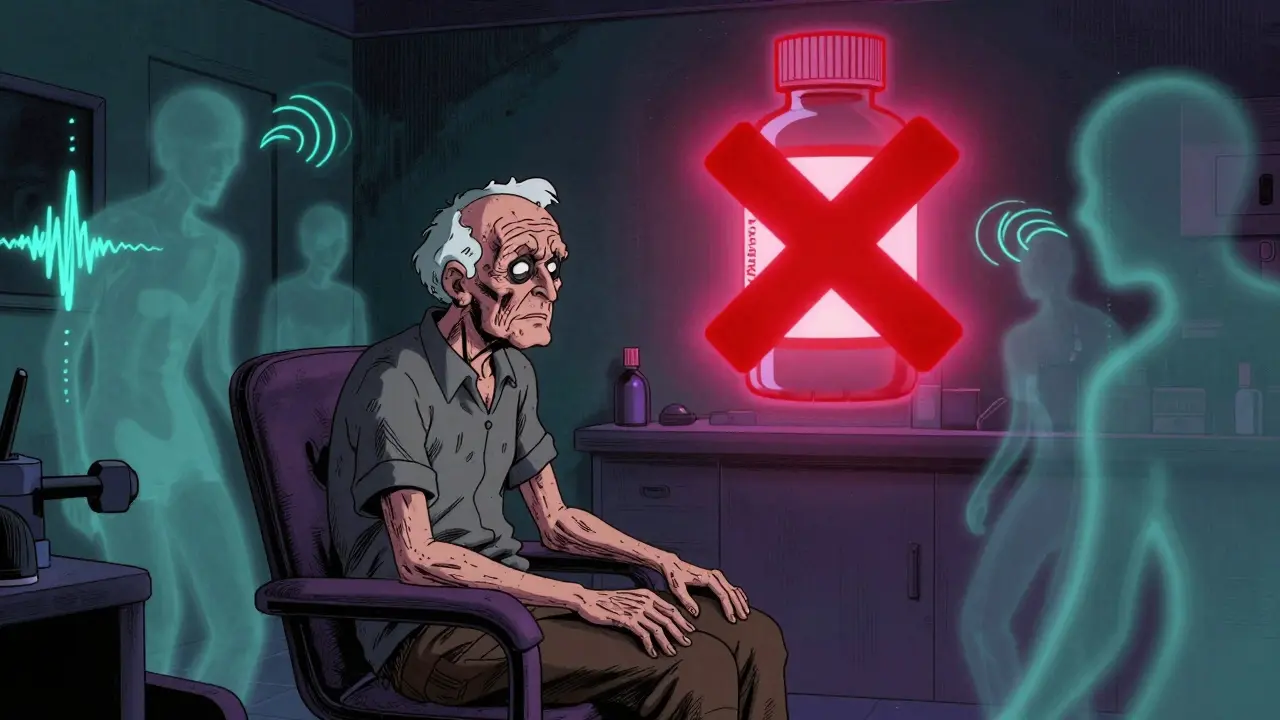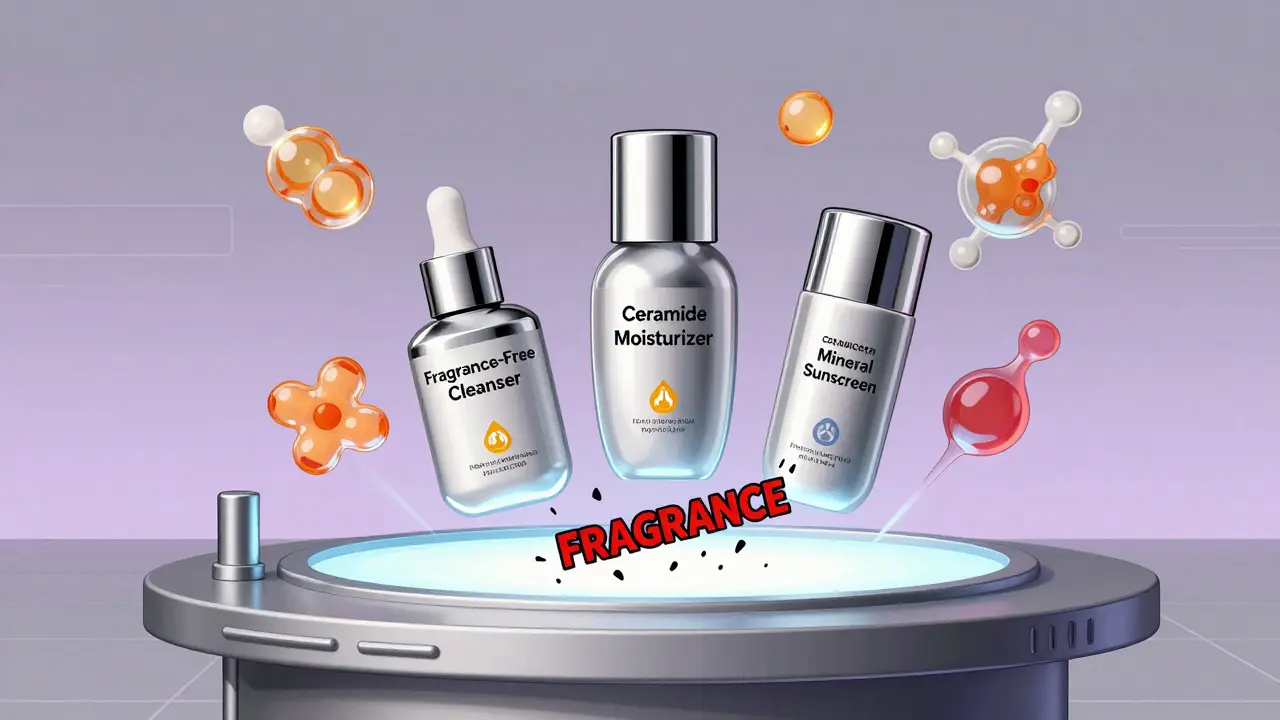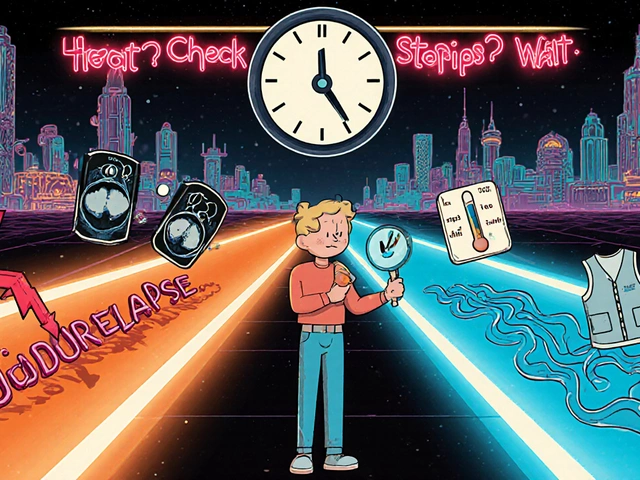Conditions and Treatments: Clear, Practical Help for Everyday Health
Some health problems are easy to ignore until they don’t go away. This category is built for people who want clear, usable answers—what causes a condition, which treatments work, what to expect, and when you need medical care. You’ll find plain explanations about medications, procedures, prevention, and side effects so you can make smarter choices with your provider.
How to use these guides
Start with the symptoms: each article lists common signs and quick checks you can do at home. Next, read the treatment options—over-the-counter fixes, prescription meds, and simple procedures. We explain how each option works, how long it takes to see results, and common side effects. If a treatment needs a prescription or a specialist, we say so. Finish by scanning prevention tips and follow-up advice so you reduce the chance of the problem coming back.
Two real examples you’ll see here
Actinic keratosis often shows up as rough, scaly patches after long sun exposure. We explain how skin type affects risk, which treatments clear lesions fast (like cryotherapy or prescription topical creams), and simple prevention steps—daily sunscreen, protective clothing, and yearly skin checks. Knowing when a spot needs a biopsy is covered in plain terms so you won’t second-guess a dermatologist visit.
For acne on darker skin tones, adapalene is a common, effective choice. You’ll learn how adapalene reduces inflammation and speeds cell turnover without usually causing heavy irritation or worsening dark marks. Practical tips include starting every other night, using a gentle moisturizer, applying sunscreen daily, and expecting steady improvement over 8–12 weeks. We also cover how to pair adapalene with other treatments, and when to talk to a doctor about prescription-strength options or scar management.
Every article focuses on safe, realistic steps. For example, we avoid vague promises like “clears acne fast” and instead explain timelines, common setbacks, and what to do if side effects appear. We also highlight obvious red flags—sudden worsening, signs of infection, or symptoms that suggest a deeper problem—so you know when to seek urgent care.
Looking for something specific? Use the search box or check the most recent posts listed on this page. If you’re comparing treatments, look for our “quick compare” paragraphs that put pros and cons side by side. If you want research-based detail, we include references and practical takeaways from clinical guidelines where relevant.
These pages aren’t a replacement for a doctor’s visit, but they’ll make your conversations with clinicians clearer and faster. Read the articles, note questions for your provider, and use the prevention tips to reduce future problems. If you’re unsure whether a symptom needs care, the safe move is to book an appointment—bring what you’ve learned here and get a tailored plan.
 11 February 2026
11 February 2026
Pituitary Adenomas: Understanding Prolactinomas and Hormone Imbalances
Prolactinomas are the most common type of pituitary tumor, causing hormone imbalances that affect fertility, sex drive, and bone health. Cabergoline is the first-line treatment, with high success rates and fewer side effects than older options.
 4 February 2026
4 February 2026
High Cholesterol: Understanding Hypercholesterolemia and Managing Your Risk
High cholesterol, or hypercholesterolemia, affects over 94 million Americans but often has no symptoms. Learn about its causes, risks, and proven management strategies. Discover the difference between genetic and lifestyle-related forms, and how to lower your risk with diet, exercise, and medications.
 31 January 2026
31 January 2026
Graves’ Disease: Understanding Autoimmune Hyperthyroidism and Real Treatment Options
Graves’ disease is the most common cause of hyperthyroidism, triggered by an autoimmune attack on the thyroid. Learn about symptoms, diagnosis, and the three main treatments-meds, radioactive iodine, and surgery-and what each really means for your long-term health.
 27 January 2026
27 January 2026
Meniscus and ACL Injuries: Understanding Knee Pain and When Surgery Is Needed
Understand the difference between meniscus tears and ACL injuries, when surgery is needed, recovery timelines, and how to protect your knee from long-term arthritis. Get clear, evidence-based guidance on treatment options.
 27 January 2026
27 January 2026
Meniscus and ACL Injuries: Understanding Knee Pain and When Surgery Is Necessary
Learn the key differences between ACL and meniscus knee injuries, when surgery is truly necessary, recovery timelines, costs, and how to make smart decisions for long-term knee health.
 21 January 2026
21 January 2026
Barrier Repair in Eczema: How Ceramides and Proper Bathing Restore Damaged Skin
Ceramides and proper bathing are key to repairing the broken skin barrier in eczema. Learn how to use ceramide-rich products and the right bathing routine to reduce itching, heal cracks, and cut steroid use over time.
 16 January 2026
16 January 2026
Parkinson’s Disease and Antipsychotics: How Certain Medications Worsen Motor Symptoms
Certain antipsychotics can severely worsen motor symptoms in Parkinson’s patients. Learn which drugs to avoid, which are safer, and how to manage psychosis without harming movement.
 15 January 2026
15 January 2026
Social Anxiety Disorder: How Beta-Blockers and Behavioral Therapy Work Together
Beta-blockers like propranolol help manage physical symptoms of social anxiety during events like public speaking, but they don't treat the disorder itself. Behavioral therapy is the only proven long-term solution.
 14 January 2026
14 January 2026
Sensitive Skin Care: Fragrance-Free Routines and How to Test Products Safely
Fragrance-free skincare is the most effective way to manage sensitive skin. Learn why fragrance triggers reactions, how to test products safely, and what ingredients actually repair your skin barrier.
 4 January 2026
4 January 2026
Post-Transplant Infections: How to Prevent, Vaccinate, and Monitor After Kidney Transplant
After a kidney transplant, infections are the top threat. Learn how preventive medicines, timed vaccines, and daily habits like food safety and handwashing can protect your new organ from deadly germs like CMV, Listeria, and drug-resistant bacteria.
Latest Posts
-

MS Relapse vs. Pseudorelapse: How to Tell the Difference and Why Steroids May Not Be the Answer
-

Anemia and Aging: How Nutrient Gaps Speed Up the Aging Process
-

PCSK9 Inhibitors vs Statins: Side Effects and Outcomes
-

Symptoms of Taking Counterfeit Meds: What to Watch For
-

Felix Weight Loss Program Honest Review: Pricing, Medications & User Experience in 2025

8